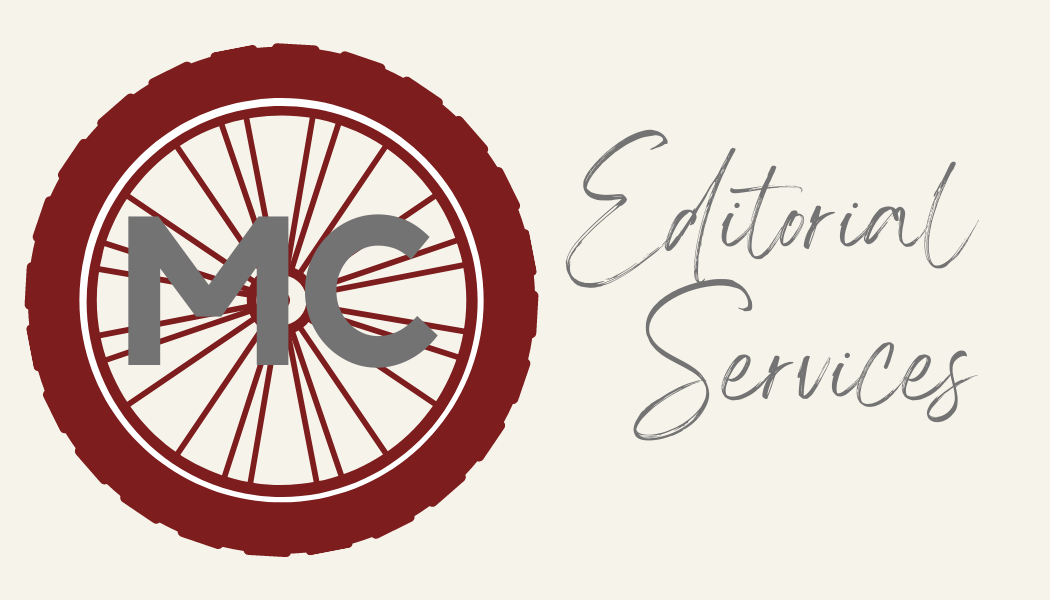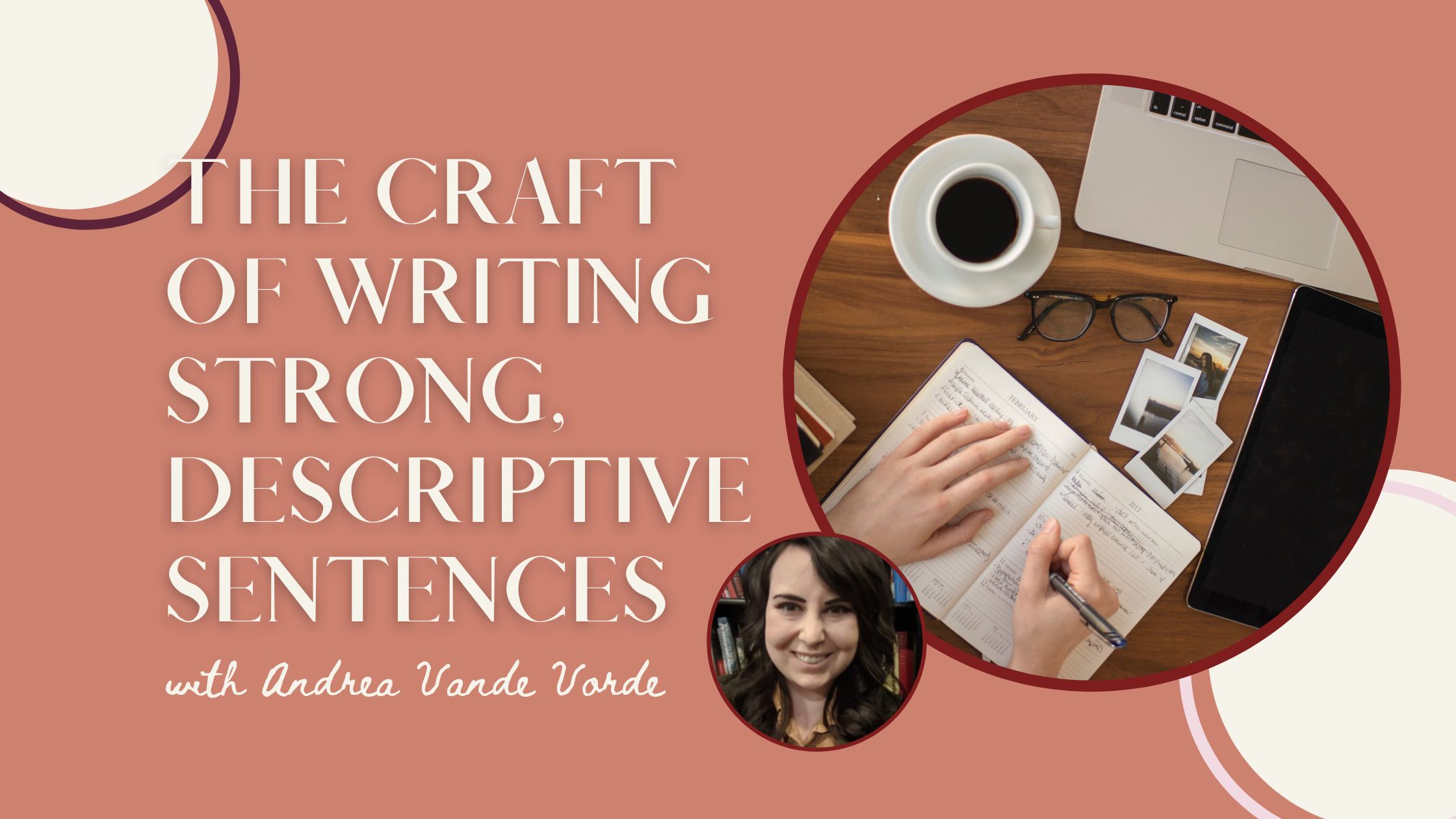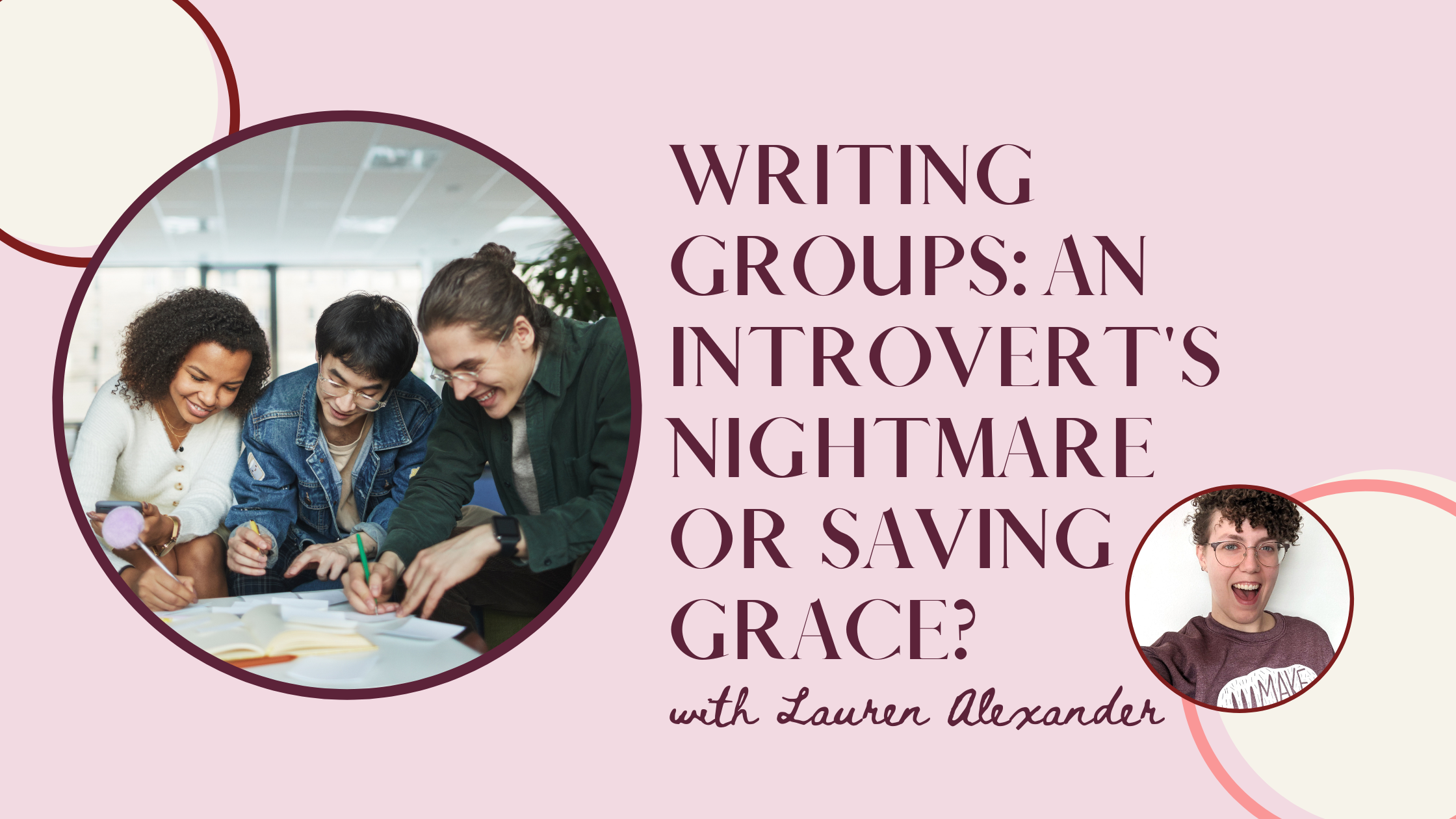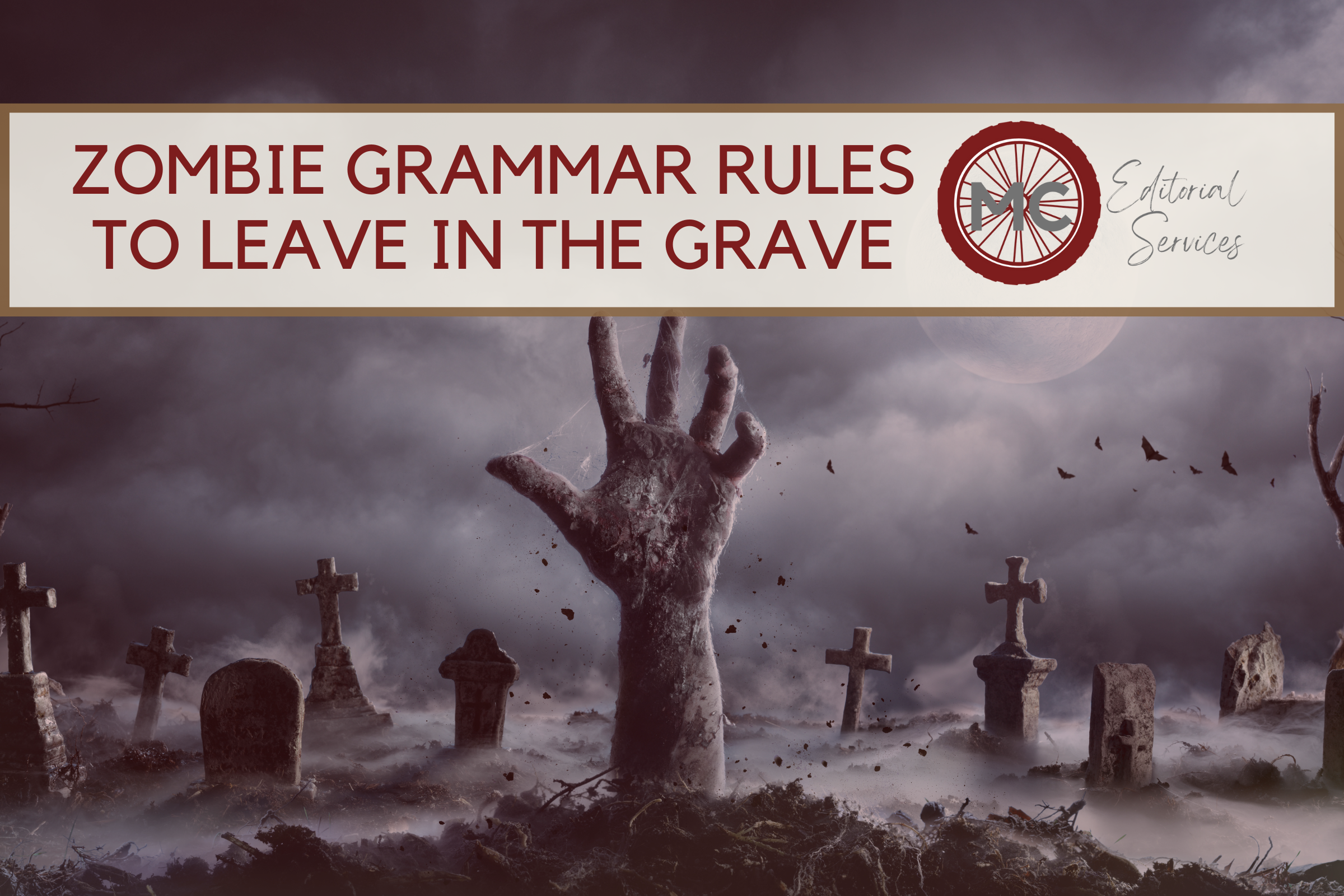
With these five techniques for building suspense in fiction writing, you’ll have readers on the edge of their seats.
If you’re a neurodivergent writer or editor who struggles with executive dysfunction or RSD, be sure to check out these tools.
Find out what to expect when receiving an editorial letter from your developmental editor.
Finalize your publishing timeline with confidence using these tips on estimating how long the editing process will take.
What’s a hero without a worthy opponent? Check out my best tips for writing a compelling villain for your novel.
Looking to improve your author SEO but keep getting bogged down in the details? Learn about five easy and actionable ways to increase your visibility online.
Here are a few key things to consider when deciding what perspective to write your novel from.
When writing in a genre that deals with dark or violent subject matter, content warnings ensure readers can make an informed choice about your book.
These guidelines help ensure your manuscript is polished and presentable ahead of submission to an agent, publisher, editor, or beta reader.
From bodies to burn patterns to making bail, this list of resources is the place to start when researching your mystery, thriller, horror, or crime novel.
Learn about how to tap into the lunar cycle as a source of creativity and inspiration.
Indie authors Amanda Auler, Harriet Everend, and Heather Garvin share their self-publishing success stories.
Erika Steeves, guest blogger and lead editor for House of Zolo, breaks down best practices for submitting your writing to literary journals and magazines.
Guest blogger Andrea Vande Vorde highlights elements of strong descriptive writing, such as metaphor, concrete imagery, and sound devices.
These strategies can help stretch your budget and offset your self-publishing costs.
Indie authors M.A. Wardell, and Rachel Bowdler share their self-publishing success stories.
Guest blogger and editor Lauren Alexander discusses the benefits of joining a writing group, especially for introverted writers who are hesitant to share their work.
Learn about plot devices and principles that help keep mystery and thriller readers from spoiling your ending.
A roundup of resources to help neurodivergent writers and editors manage executive dysfunction.
My best advice for estimating — an executing — a self-publishing budget.
There’s no rule that says you have to set goals for the new year. But if you are in goal-setting mode, here are some tips to help you approach the process with self-compassion.
A rundown of the best books I read in November, including Whispers the Blood by Danielle Renino, Mexican Gothic by Silvia Moreno-Garcia, and Final Girls by Riley Sager.
Learn about the Gateless Writing method, a framework designed to help you quiet your inner critic when generating new creative work.
My roundup of the best books I read in October, including A Ghost in the Throat by Doireann Ní Ghríofa, Vladimir by Julia May Jonas, and I’m Glad My Mom Died by Jennette McCurdy.
Though they’re continually harped on by teachers, writers, and editors alike, “zombie” rules have no actual basis in grammar but just won’t seem to die.



































